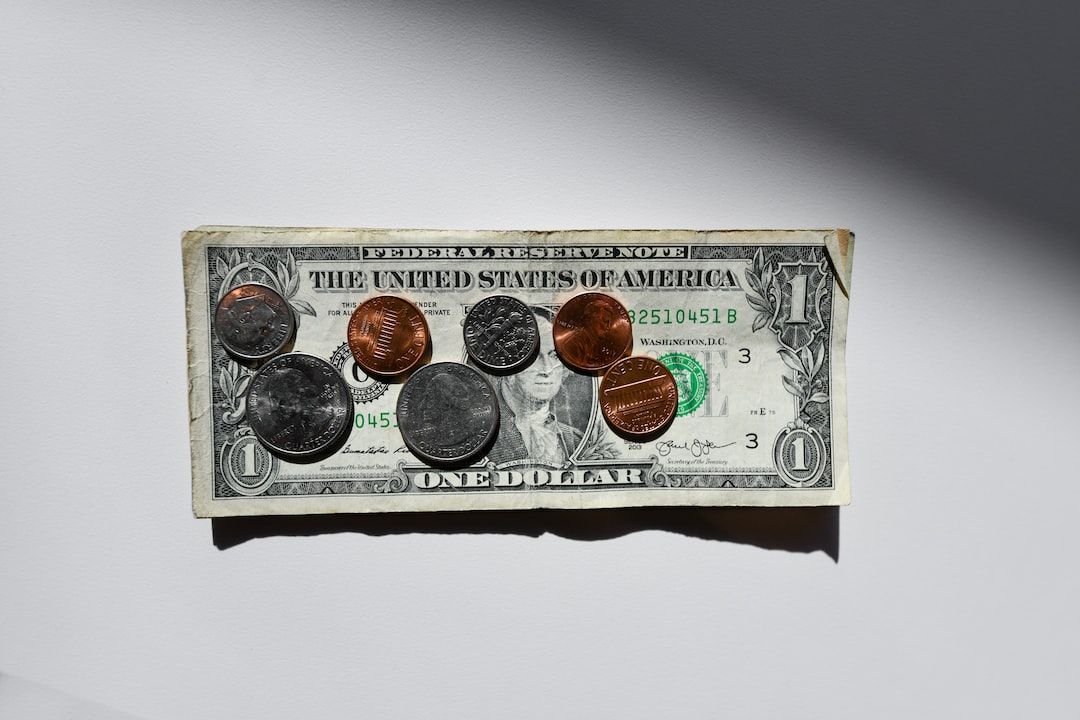
Junk Fees Exposed: The $65 Billion Secret to American Consumers
Hidden fees across industries are costing Americans billions, with little transparency or accountability
Americans are unknowingly losing nearly $65 billion each year to hidden fees, according to recent statements from the White House and regulatory agencies.

These junk fees, often labeled as convenience or service fees, span across various industries such as banking, entertainment, telecom, and hospitality, and contribute significantly to company revenues.
Lina Khan, chair of the Federal Trade Commission, noted that companies seem to have become addicted to these fees, and Rohit Chopra, director of the Consumer Financial Protection Bureau (CFPB), believes that investors and shareholders are also benefiting from this practice, as it provides an additional source of revenue without the need for competition.
Some of the most notable junk fees are grouped into three categories:
1. Banking Fees: Overdraft charges, late fees, account maintenance fees, and payment processing fees make up a large chunk of the problem. The CFPB estimates that the credit card industry levies around $120 billion in fees and interest annually, with $23.6 billion in fees charged by card issuers in 2019 alone, and $14 billion of that amount resulting from late fees.
2. Fun Fees: Consumers often encounter unexpected costs when engaging in leisure activities, such as purchasing concert tickets, booking flights, or reserving hotel rooms. These fees include resort fees for amenities (even if unused), mandatory charity donations, and other unexpected charges. Consumer Reports estimates that junk hotel fees and ancillary fees rake in approximately $3 billion a year for the hotel industry.
3. Home Fees: Buying a home and maintaining a car can lead to surprise expenses for American households. Home-related fees include closing costs, document preparation fees, and title insurance, while cable and internet junk fees can also add up. These fees can often be buried in the fine print and are not adequately explained to consumers.
This $65 billion secret has led to a call for increased transparency and accountability from companies charging these fees, as well as a demand for better consumer protection and education.
Appreciate the creator